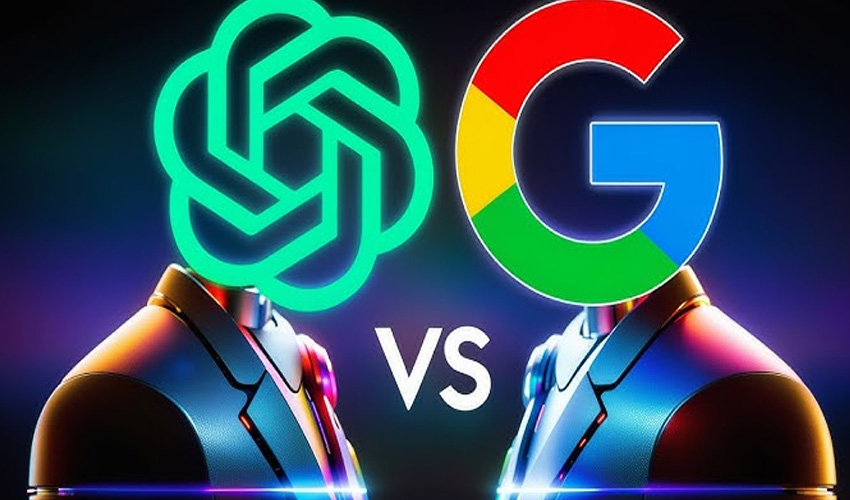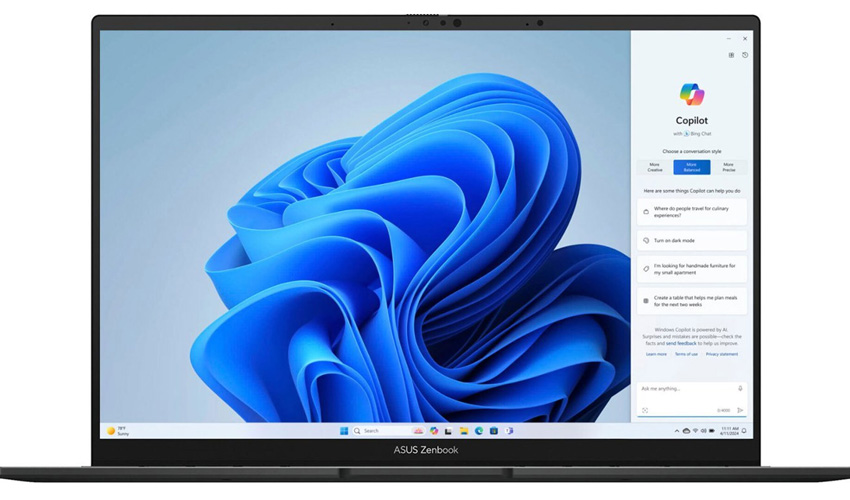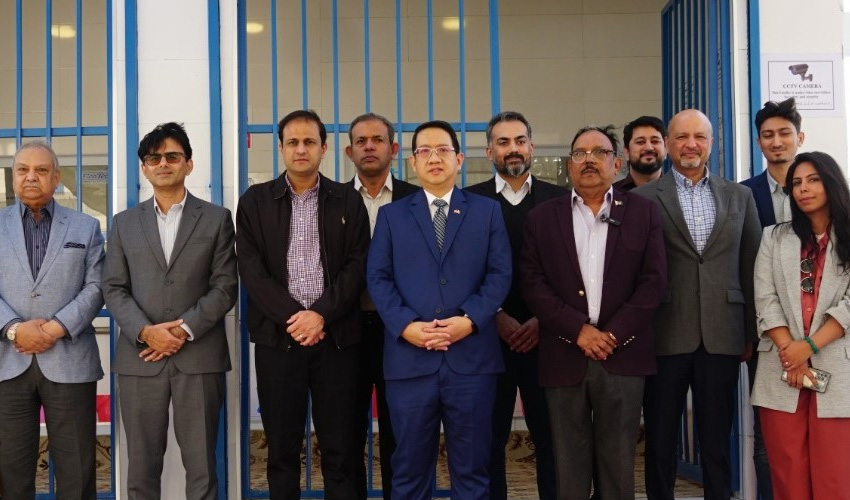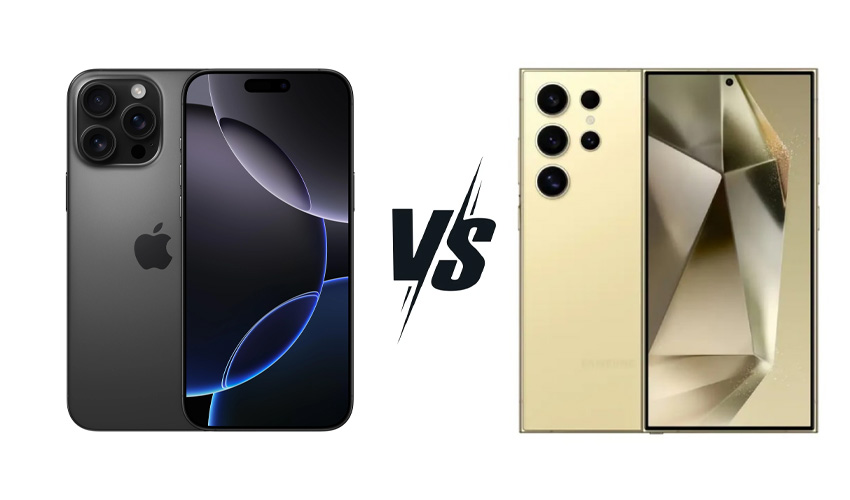OpenAI has announced that it is rolling out a new upgrade to its ChatGPT service - making its AI-powered internet search available to all users - a move that intensifies the competition with Google’s long-standing dominance in the search engine market.
Previously available only to paying subscribers, the search functionality has now been extended to free users, enabling them to access real-time information from across the web.
This new feature allows ChatGPT to provide users with fast, up-to-date answers, complete with links to relevant web sources – a capability that traditionally relied on conventional search engines like Google.
Kevin Weil, OpenAI’s chief product officer, confirmed the development in a YouTube video, stating, "We’re bringing search to all logged-in free users of ChatGPT. This will be available globally on every platform where you use ChatGPT."
The new interface closely resembles the search results offered by Google and Google Maps but stands out with a cleaner presentation free of advertisements. It also shares similarities with Perplexity, another AI-powered search engine, known for offering a conversational version of Google’s search results while citing sources for transparency.
Adam Fry, the product lead for ChatGPT Search, explained the goal of the upgrade: "We’re making the ChatGPT experience you know better by integrating up-to-date information from the web."
This announcement marks a significant step in OpenAI’s ongoing efforts to broaden the use of its AI capabilities. By integrating web search directly into ChatGPT, the company has enhanced the utility of its popular AI chatbot. Users can now choose to activate the search feature manually via a web search icon, or it can be enabled by default.
The addition of web search into ChatGPT addresses a longstanding limitation for AI chatbots, such as ChatGPT and Anthropic's Claude, which previously could not provide real-time information due to time cutoffs in their data. Until now, users had to rely on separate search engines like Google for current and web-based content.
The move is also notable given OpenAI’s partnership with Microsoft, a major investor in the company, which is aggressively working to expand the reach of its Bing search engine in an effort to compete with Google. This integration of web search into ChatGPT could lead to deeper ties between OpenAI and Microsoft, as both companies aim to challenge Google’s supremacy in the search domain.
Sam Altman, OpenAI’s CEO, has been on a mission to transform the company into a major internet entity, as evidenced by its recent $157 billion valuation. This funding round included investments from Microsoft, SoftBank, and Nvidia, highlighting the growing interest in AI technologies and their potential to reshape industries.


























